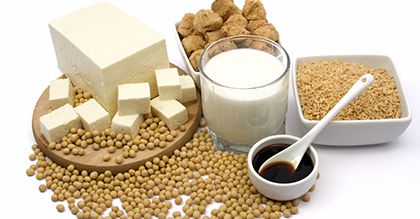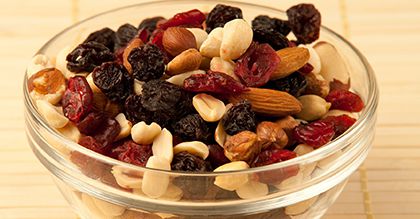They say pregnancy is the most beautiful feeling any woman can ever experience. Throughout the three trimesters, your body floods out various hormones to adjust to bearing and nurturing a new life within. Hence, your diet makes a remarkable impact on your health.
Vegetarians need to take efforts persistently to include the below mentioned superfoods to account for the nutrients quintessentially required to meet the needs of the developing fetus as well as the energy requirements of the mother.
While there are many foods that have tremendous nutritional benefits like Quinoa, Hemp Seeds, Sunflower Seeds, Brown Rice, Flax Seeds, etc. which may be difficult to accommodate in your daily diet; these are some simple superfoods that can be made a mandate to your regular diet to ensure your child’s healthy development.
1)Dairy in your Diet Diary
Essential Nutrients: Excellent source of proteins, calcium, zinc, vitamin B.
Health Benefits: Pivotal for development of bones and teeth, reduces risk of under-weight or pre-termed babies, reduced risk of osteoporosis in women at a later stage, production of hormones and enzymes, fights infection.
Include milk, yoghurt, soy milk, fortified products to deal with increased demand of calcium essential for child’s growth.
2)Affectionate Apricots
Essential Nutrients: Rich in folic acid, potassium, calcium, magnesium and 10% of RDA of iron.
Health Benefits: Dried apricots help to combat problems related to constipation and checks to normalize bowel movements.
Tasty for an in-between snack during your hunger pangs.
3)Broccoli For Bones
Essential Nutrients: Great sources of calcium, magnesium, folic acid, Vitamin C, potassium and excellent source of vitamin A, anti-oxidants
Health Benefits: Vital for child’s bone development, aids digestion, helps healing of bruises.
4)Blueberries and Strawberries
Essential Nutrients: Packed with Vitamin C and fibre.
Health Benefits: Protection against cell damage and cystitis, regeneration of new cells, a handful meets the RDA for folic acid everyday, prevents serious birthing effects.
5)Sweet Potato
Essential Nutrients: Various nutrients like vitamin C, fiber, vitamin B6, potassium, beta carotene, calcium, energy, vitamin A, copper, iron.
Health Benefits: An antioxidant, vital for bones, skin and eye development, copper helps better absorption of iron, helps in expanding blood volume, maintains healthy immune system.
Tip: Steaming works better than boiling.
6)Go Bananas over Bananas
Essential Nutrients: Rich in potassium, manganese, vitamin A, vitamin B6, vitamin C, energy, tryptophan, pectin.
Health Benefits: Right pick to reduce the common problem of fluid retention and nausea, normalizes blood pressure, promotes digestion and good sleep, shields against ulcers and stomach acids, reduces swelling in the body and improves circulatory system of the body.
7)Beans For The New Genes
Essential Nutrients: Packed with protein, iron, calcium, thiamine, and niacin.
Health Benefits: Includes ease of digestion, development of the placenta, baby’s brain and central nervous system, new blood production.
8)Power Of Pomegranate
Essential Nutrients: Rich in potassium, iron, vitamin C, vitamin A and vitamin E and anti-oxidants.
Health Benefits: Reduced risk of anemia, heals hemorrhoids, excellent for immune system, increases bone density, excellent for skin care.
9)Goodness of Orange Juice
Essential Nutrients: Rich in potassium, fibre and vitamin C
Health Benefits: It increases the absorption of iron and calcium from your food, keeps you hydrated, prevent fatigue and tiredness, keeping your muscle function, fighting colds, metabolism and overall health in check, increases blood circulation in the placenta
10)Go Green with the GLV’s
Essential Nutrients: It contains calcium, iron, beta-carotene, lutein, Vitamin A, Vitamin C.
Health Benefits: Helps fight cancer, promotes nutritionally-dense breast milk, vital for normal birthing and child development.


 Toll Free Number
Toll Free Number
















